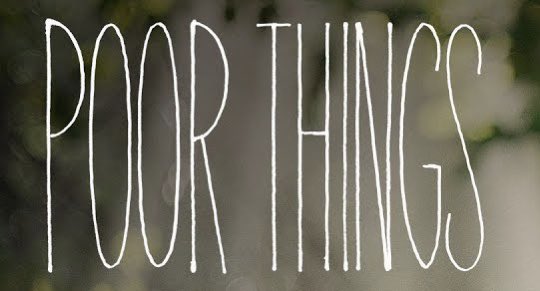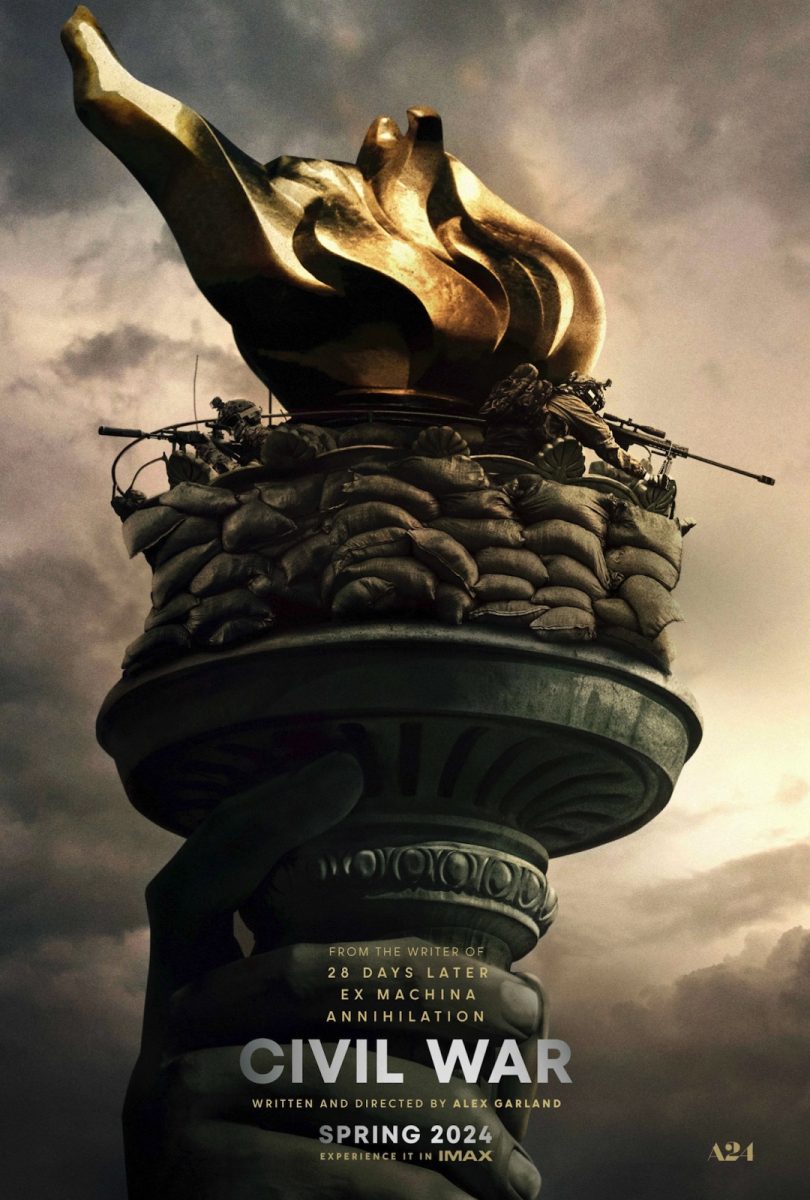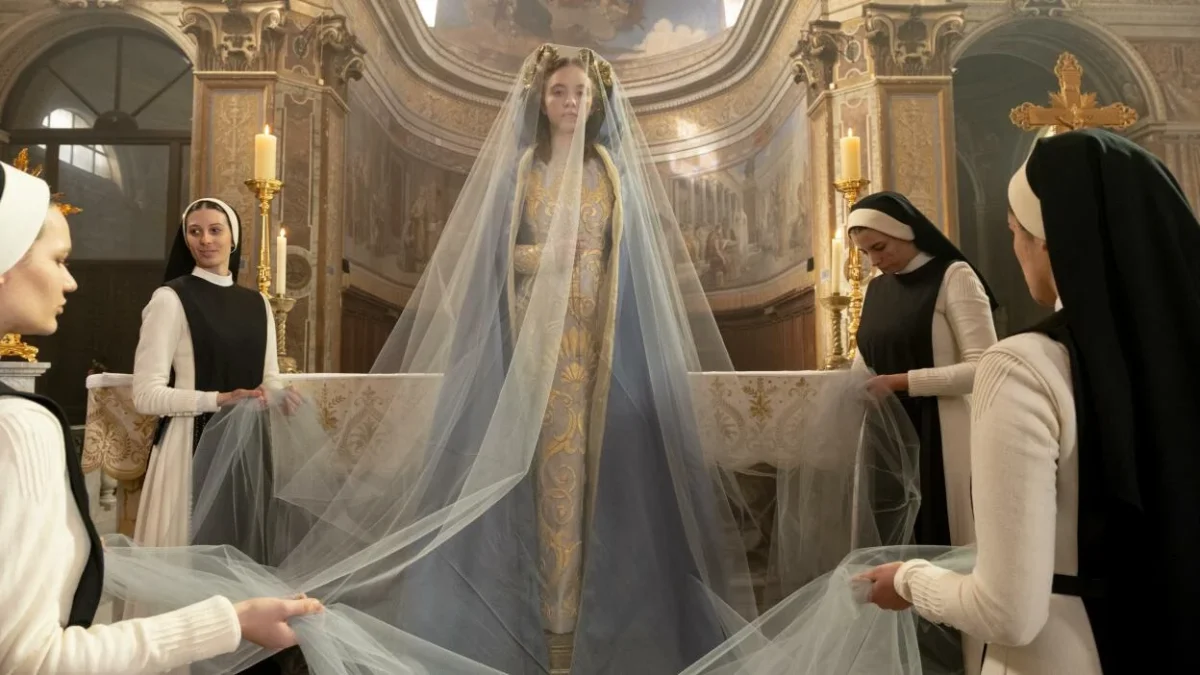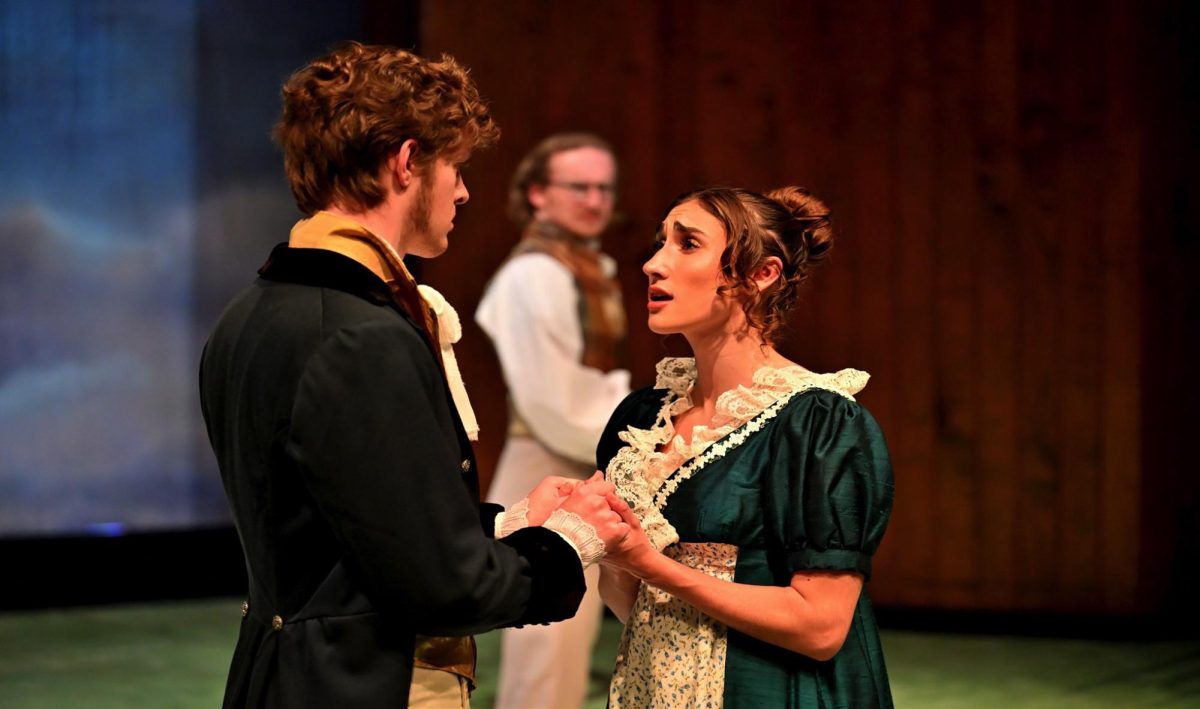Yorgos Lanthimos’ filmography has pushed the boundaries of what marketable, profitable films can be for over a decade. We have watched plenty of hard-to-stomach moments through his lens: children trapped in captivity by their parents or lonely adults forced to transmigrate their souls into an animal. Despite his pension for misery, Lanthimos has always injected his films with a fresh, comedic air that can at least complicate one’s grief — if not totally subdue it. But with his latest film “Poor Things,” he has created a film so demoralizing that its depravity ultimately overwhelms the brilliance permeating every layer of its production.
A quick rundown of the film goes something like this: a crazy, troubled scientist named Godwin (played by Willem Dafoe) stumbles upon a dead, pregnant woman named Bella (played by Emma Stone), and he surgically swaps her brain with her baby’s brain. The body of a 30-something-year-old woman is effectively piloted by an infant’s brain. A plethora of male suitors pursue Bella throughout the film and prove to be entirely unperturbed by the infancy of her mind.
“Poor Things” is loaded with outstanding individual performances. Stone and Dafoe go all in on the idiosyncrasies of their mangled characters. Mark Ruffalo’s character is convincingly — if a little stereotypically — repulsive, while Jerrod Carmichael and Hanna Schygulla’s characters provide the eerie stiffness that has come to be the Hallmark of a Lanthimos picture. Cinematographer Robbie Ryan is also a hero in this story, whose behind-the-scenes access via Variety is must-watch. Finally, Jerskin Fendrix deserves all the praise for concocting a soundtrack that somehow matches Lanthimos’s unnerving quirks while still providing an immersive sonic experience that is, at times, even pleasant.
There’s one word I keep coming back to when describing “Poor Things:” devastating. The film is devastating.
There are moments that sound like drowning in a fish tank by a player piano; or winding up a tragically cracked music box; or an orchestra sinking into the sun — but somehow it really works. Giving experimental pop/punk/rock artist Fendrix the nod for this project was a huge risk from Lanthimos, but the soundtrack ended up being one of the strongest aspects of the film. I will also add that whoever was in charge of the title cards deserves at least a bonus or two — I have never walked away from the theater thinking about title cards until I watched “Poor Things.” All that being said, I have encountered little, if any, criticism of “Poor Things” on a technical level. Responses to the politics and perspective of the film, however, are a much different story.
The mixed critical reception of “Poor Things” can be captured in the dissonance between Anthony Lane’s review for The New Yorker and Angelica Jade Bastién’s review for Vulture. Lane, who obviously loves the film, writes, “The narrative thrust of the film is itself a joke,” and “very rarely is it not fun.” Bastién, on the other hand, wrote that the film is not a “sincere treatise on female sexuality” and that it “comes across as a pretentious 14-year-old boy’s idea of female becoming.” Top reviews on Letterboxd reflect a similar split — although the champions of “Poor Things” seem to greatly outweigh the critics. A 4.5-star review with over 11,000 likes wrote, “They hate to see a b**** with childlike wonder,” while a 0.5-star review with 6,000 likes described it as: “all clit, no feelings … A lot of critics/people don’t seem to be bothered that these men are having sex with a literal child-brained person just because it’s premised upon her liberated agency.”
I will also add that whoever was in charge of the title cards deserves at least a bonus or two — I have never walked away from the theater thinking about title cards until I watched “Poor Things.”
While I tend to side with the Bastién camp on this one, I find myself unqualified to discuss what female liberation should look like in a male-directed film. I must say, though, that I am surprised by the number of people who seem to view Ramy Youssef’s Max McCandles as a hero, or at least someone the audience should be rooting for. Call me old-fashioned, but I am simply skeptical of the babysitter-to-husband pipeline. Bastién wrote, “Ramy Youssef shoots for tenderness, but the nature of the premise makes such a posture unbelievable.” Agreed.
“Poor Things” is more fruitful for discussion when it is viewed not as a character study of Bella but, as Stone described it, “a very twisted fairy tale” that is fully metaphorical. The anachronistic nature of the film, as well as its insistence on moving across the globe to various half-fictional locations, makes it impossible to pin “Poor Things” down to one coherent setting or historical moment. This allows the characters to represent humanity, as a whole, so that Lanthimos has the license to ask the big questions about love, morality, science vs. nature and so on.
The portrait of humanity that Lanthimos paints is, unsurprisingly, rather bleak. There’s one word I keep coming back to when describing “Poor Things:” devastating. The film is devastating. That is not to say that there is no hope for Bella, or that she does not fight valiantly throughout the film for agency and freedom, but there is so much darkness packed into two hours that it becomes difficult to accept any joy or comfort that arrives at the end of the film. Yes, Bella has a lot of fun. Yes, there was a steady trickle of delightfully witty wordplay. But the context in which Bella is suspended — the tissue of coercion and predation that she is born into — is always looming in the background. Viewers may forget it, but Bella can never fully escape it.















